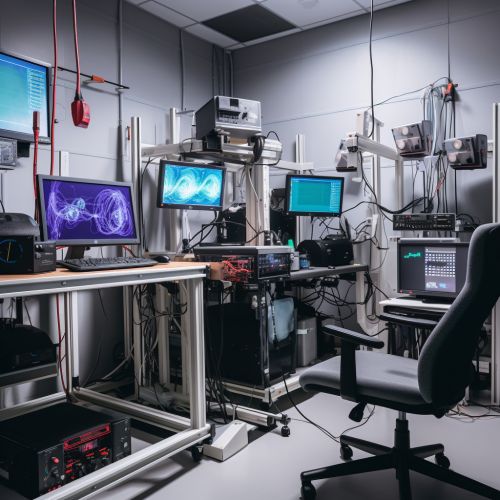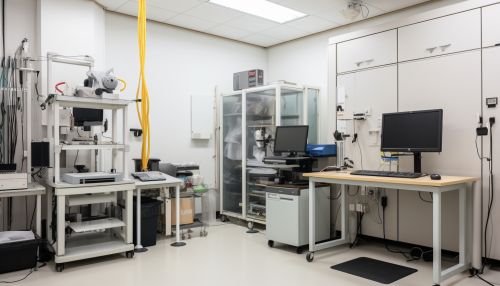Psychophysiology
Overview
Psychophysiology is the branch of psychology that is concerned with the physiological bases of psychological processes. While psychophysiology was a general broad field of research in the 1960s and 1970s, it has now become increasingly specialized, and has influenced the development of burgeoning fields like social neuroscience, cognitive neuroscience, and affective neuroscience.
History
The history of psychophysiology traces back to the ancient Greeks, who were interested in understanding the relationship between the mind and the body. The term "psychophysiology" was first used by a German physician named Wilhelm Wundt in the late 19th century. Wundt is often considered the father of experimental psychology, and his work laid the foundation for the study of the mind-body connection.


Methods
Psychophysiology uses a variety of methods to study the interaction between the mind and the body. These include electroencephalography (EEG), functional magnetic resonance imaging (fMRI), magnetoencephalography (MEG), and positron emission tomography (PET). Each of these methods has its own strengths and weaknesses, and the choice of method often depends on the specific research question being asked.
Areas of Study
Psychophysiology encompasses several areas of study, including the physiological correlates of emotion, stress and coping, and the physiological bases of mental disorders. It also includes the study of physiological responses to stimuli, such as the startle response, and the physiological bases of social interaction, such as the mirror neuron system.
Applications
The findings from psychophysiological research have a wide range of applications. For example, they can be used to develop new treatments for mental disorders, to improve the effectiveness of existing treatments, and to gain a better understanding of how the mind and body interact. They can also be used to develop new technologies, such as brain-computer interfaces, that can help people with physical disabilities.
Future Directions
The field of psychophysiology continues to evolve, with new methods and technologies being developed all the time. One of the most exciting areas of future research is the study of the brain's connectome, or the map of all the connections between neurons in the brain. This could provide a more complete picture of how the brain works, and could lead to new insights into the nature of consciousness and the mind-body connection.
